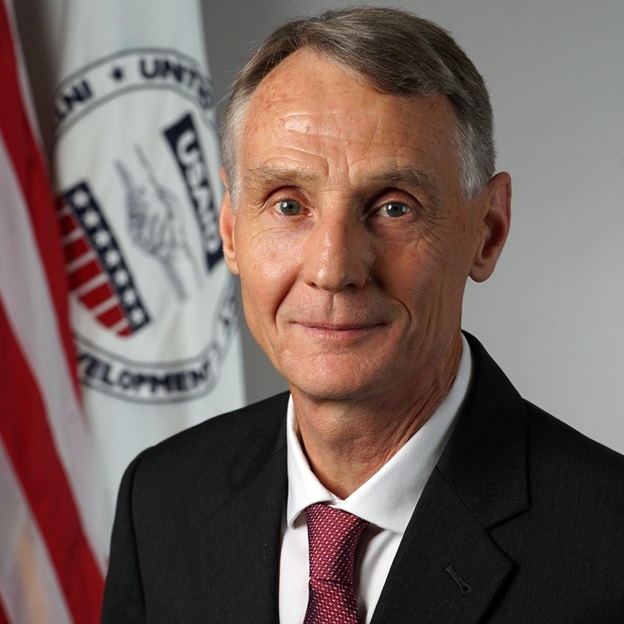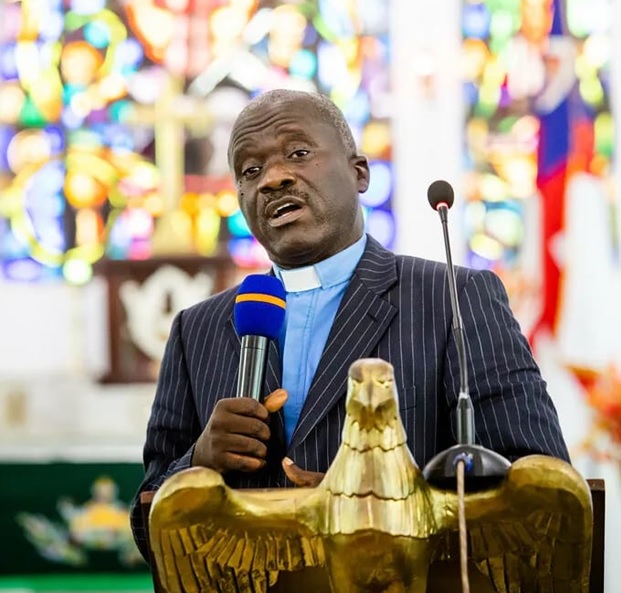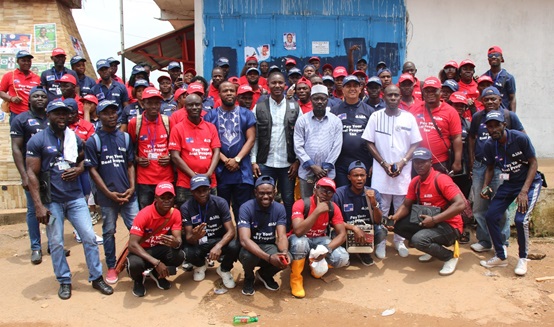A Special Statement By
USAID Liberia Mission Director Jim Wright
On the Observance of International Youth Day
On Saturday, August 12, Liberia will join the United States and the entire global community in celebrating International Youth Day.
The theme, Green Skills for Youth: Towards a Sustainable World, couldn’t be more appropriate. Liberia has a uniquely important role to play in creating a climate-friendly, greener, and more sustainable world. It is home to some of the largest carbon-absorbing tropical rainforests on the planet. Liberia’s efforts to preserve this important natural resource are crucial to promoting global environmental sustainability.
Liberian youth (aged 15-35) account for 60% of Liberia’s population and their full engagement and support are needed to fully contribute to this global effort. Their ability to make climate-friendly choices in their personal lives and capacity as national leaders will determine the extent to which Liberia fulfills its important role in managing the global climate crisis and creating a greener world.
The United States recognizes the critical role youth must play in building a more sustainable world. The Embassy through USAID is working to provide young people with green skills, so they are equipped to lead the way in making environmentally sound choices and decisions. Just two days ago, USAID launched the Forestry, Biodiversity, and Conservation Center at the University of Liberia. The Center will be at the core of developing the capacity of technicians, scholars, and forest workers who will help protect Liberia’s forests and the biodiversity they shelter. Over the last several years we have also partnered with the Forestry Training Institute, developing a conservation-focused curriculum for forest rangers and other workers who protect Liberia’s forest resources.
The effort to provide youth with green skills must go beyond forest conservation and protection. It must also involve helping them more broadly acquire the knowledge, abilities, and values needed to live in and develop a resource-efficient society.
USAID is actively working to help Liberian youth develop these essential green skills. Through the
Youth Advance activity, we have trained more than 100 youth to be technicians installing and maintaining solar panels. Every day, they are helping provide Liberians with better access to clean, sustainable, climate-friendly energy.
We have also trained many other youth on sustainable agriculture practices. They are now able to earn a living from activities like honey making, while also understanding how to adapt their businesses to manage the impact of climate change.
With cash grants and technical support from our Agribusiness Incubator and Development project, young green entrepreneurs are adding value to local produce, milling rice, processing and packaging cassava and plantain products, and even snails for the domestic and export markets. Others are producing and shipping organic palm oil and palm kernel oil to foreign markets. Yet others are helping farmers engage in large-scale pineapple cultivation.
They all have one thing in common: They are building important value chains, creating markets for smallholder farmers and, in the process, promoting sustainable agriculture. They are also showing us that with the right support and backing youth can lead the transition to more environmentally sustainable modes of producing the goods and services that are central to modern life.
We, the adults, must now lead by example. We must show youth by the choices we make that it is possible to make a difference—in small and big ways—in the fight to save our planet. We must champion policies and create strengthened and workable legal frameworks that help Liberia make the transition to a low-carbon and resource-efficient economy.
Above all, we must continue investing in youth, adopting the right educational and vocational policies, and providing opportunities that make green skills accessible to all. Young people can be more than just victims of climate change. They can be the change agents, the entrepreneurs, and innovators capable of creating a greener, more sustainable world. We must empower them to do so!







